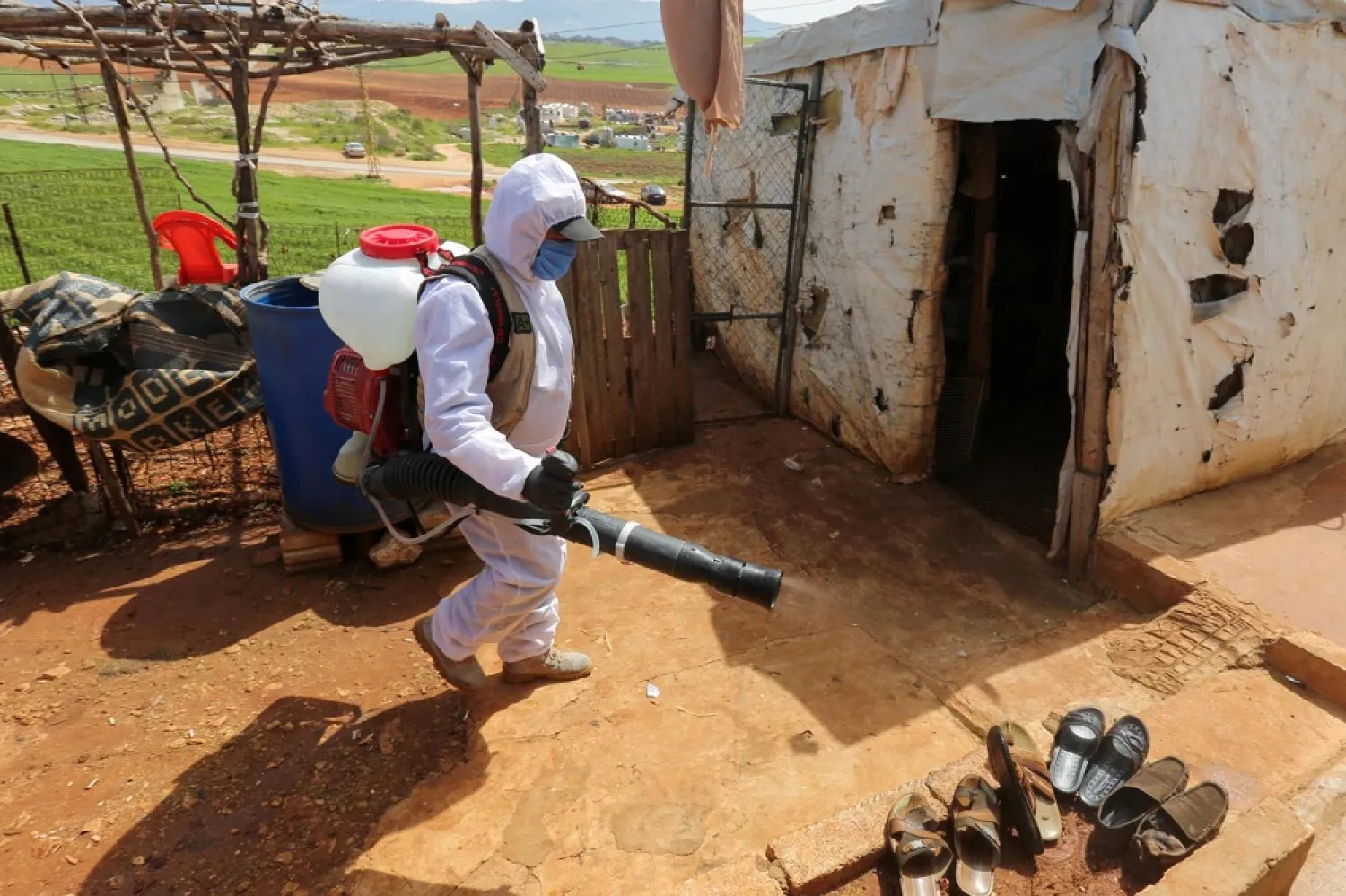Smuggling to Syria from the most active border points in the northern Bekaa region in Lebanon dropped over 90 percent due to restrictions imposed by Lebanese authorities to contain the coronavirus.
The government had declared a state of health emergency in March and infections have been dropping in recent weeks. Four cases were confirmed on Saturday, raising the total to 733. One patient died, taking the toll to 25.
Along with curfew, authorities tightened security measures along the porous border with Syria where smuggling is rife.
Military units have imposed their control over the 13 illegal crossings and many have been blocked with sand barriers. Patrols have been deployed heavily in these areas.
Syria has also adopted similar measures on its side of the border.
The illegal crossings stretch 22 kilometers from the eastern Joussieh point to Hosh al-Sayyed area in the west.
The restrictions have led to a drop in criminal activity and weakened the influence of smugglers, security sources told Asharq Al-Awsat.
They revealed that no more than five car robberies have been reported in the past three months. The robbers have not been able to smuggle the cars across the border due to the tightened security.
Some minor smuggling operations from Syria to Lebanon have been reported. The goods have been limited to detergents, milk and butter.









